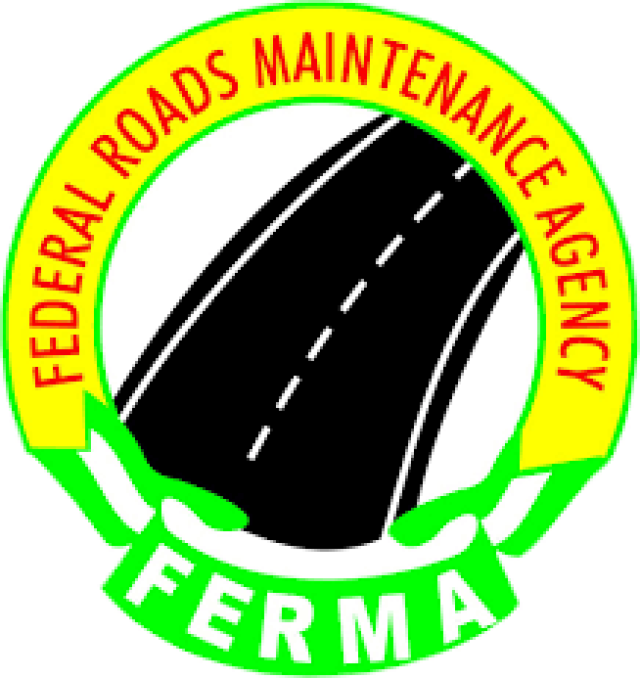ABUJA, Nigeria - The Federal Government needs approximately N880 billion each year for the upkeep of the federal road network across the country, as announced by the Minister of State for Works, Mohammed Goroyo, on Monday.
This statement was made during an investigative hearing by the House of Representatives Ad-Hoc Committee in Abuja, which is examining the implementation and collection of the five per cent user charge for road maintenance managed by the Federal Road Maintenance Agency (FERMA).
The Managing Director of FERMA, Chukwuemeka Abbasi, also revealed that the regulatory template for deducting the road user charge from petrol and diesel prices was never put into effect by the former Petroleum Product Pricing Regulatory Authority, now known as the Nigeria Midstream and Downstream Petroleum Regulatory Authority.
Goroyo highlighted that FERMA requires around N880 billion each year for optimal road conditions, noting that budget allocations have been insufficient, N76.3 billion for 2023, N103.3 billion for 2024, and N168.9 billion projected for 2025.
He remarked, “Although these amounts indicate gradual increases, they still fall short of what is necessary for sustainable road maintenance. This ongoing funding deficit has compelled FERMA to adopt a reactive maintenance strategy instead of a preventive one.”
He explained the repercussions of this situation, including worsening road conditions, escalating repair expenses, and extended disruptions for both commuters and businesses. A proactive approach supported by adequate funding is crucial for maintaining smooth, safe, and efficient roadways nationwide.
Therefore, he emphasized the importance of the diligent implementation and timely remittance of the five per cent user charge, which can provide a stable funding source to alleviate the financial shortfall and cater to Nigeria’s infrastructure needs without excessive reliance on annual budget allocations.
The Minister further stated that insufficient funding has been the primary challenge facing the nation’s road infrastructure, noting that even though the user charge was intended to resolve this issue, access to these funds has not been realized by the agency or the Ministry.
Abbasi, the FERMA director, expressed that under the leadership of President Bola Tinubu, the Federal Ministry of Works is committed to the Renewed Hope Agenda, which aims to deliver top-notch infrastructure that promotes economic growth, reinforces connectivity, and improves the daily lives of citizens.
He asserted that the maintenance of roads vital for commerce and social integration is not only a policy requirement but a national necessity. The five per cent user charge, as outlined in the FERMA Act, was intended to function as a sustainable funding solution for road maintenance and rehabilitation. Nevertheless, FERMA has long faced significant funding shortages, hindering its ability to effectively maintain the extensive road network.
During the event's opening, Speaker of the House of Representatives, Tajudeen Abbas, reminded attendees that on March 19, the House had addressed a motion during plenary that highlighted the lack of implementation of the five per cent user charge remittance on petroleum products designated for road maintenance under the FERMA Amendment Act, 2007.
He stated, “We are obligated under sections 88 and 89 of the 1999 Constitution of the Federal Republic of Nigeria (as amended) to carry out a thorough investigation into the status of the five per cent user charge to ascertain the extent of any legal violations and the amounts of money that have not been remitted, as well as those responsible for the failure to implement it.”
Abbas emphasized that the investigation should generate robust recommendations to prevent future violations and improve the remittance process for relevant government agencies’ access to the funds.
Francis Waive, Chairman of the Committee and also the Chairman of the House Committee on Rules and Business, clarified that the user charge is not aimed at raising petroleum product prices or altering the law, as it has been part of legislation since 2007.
He mentioned that the investigation intends to address the existing issues stemming from noncompliance with current laws, assuring that the House will enforce adherence to all laws passed by parliament, both by individuals and government agencies.




















